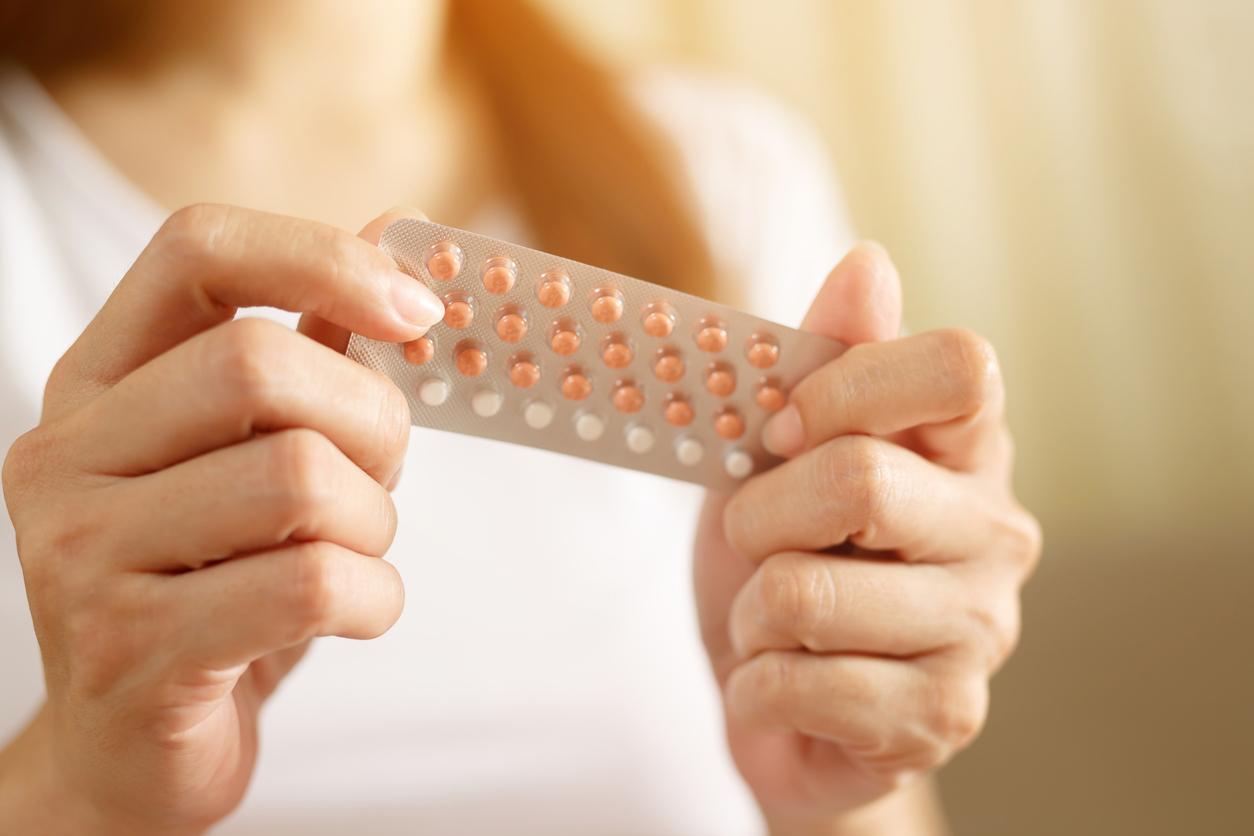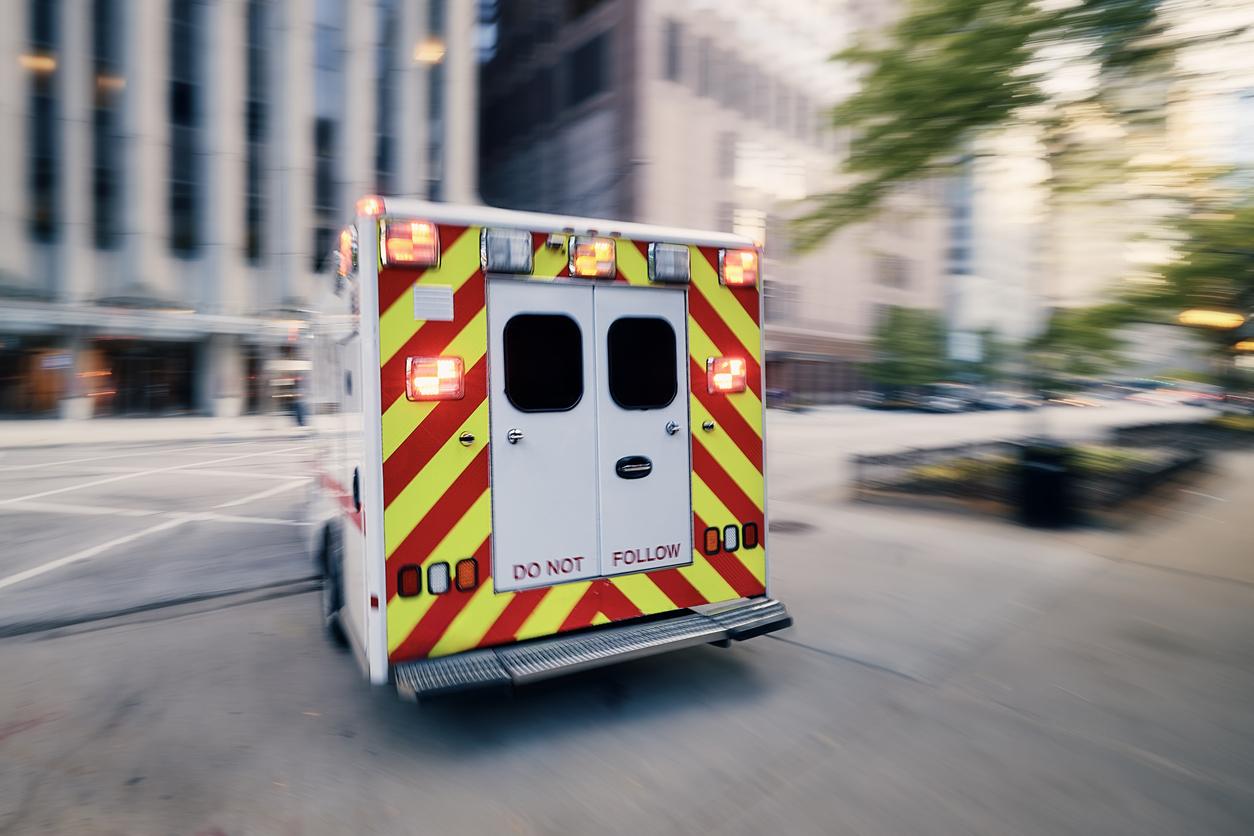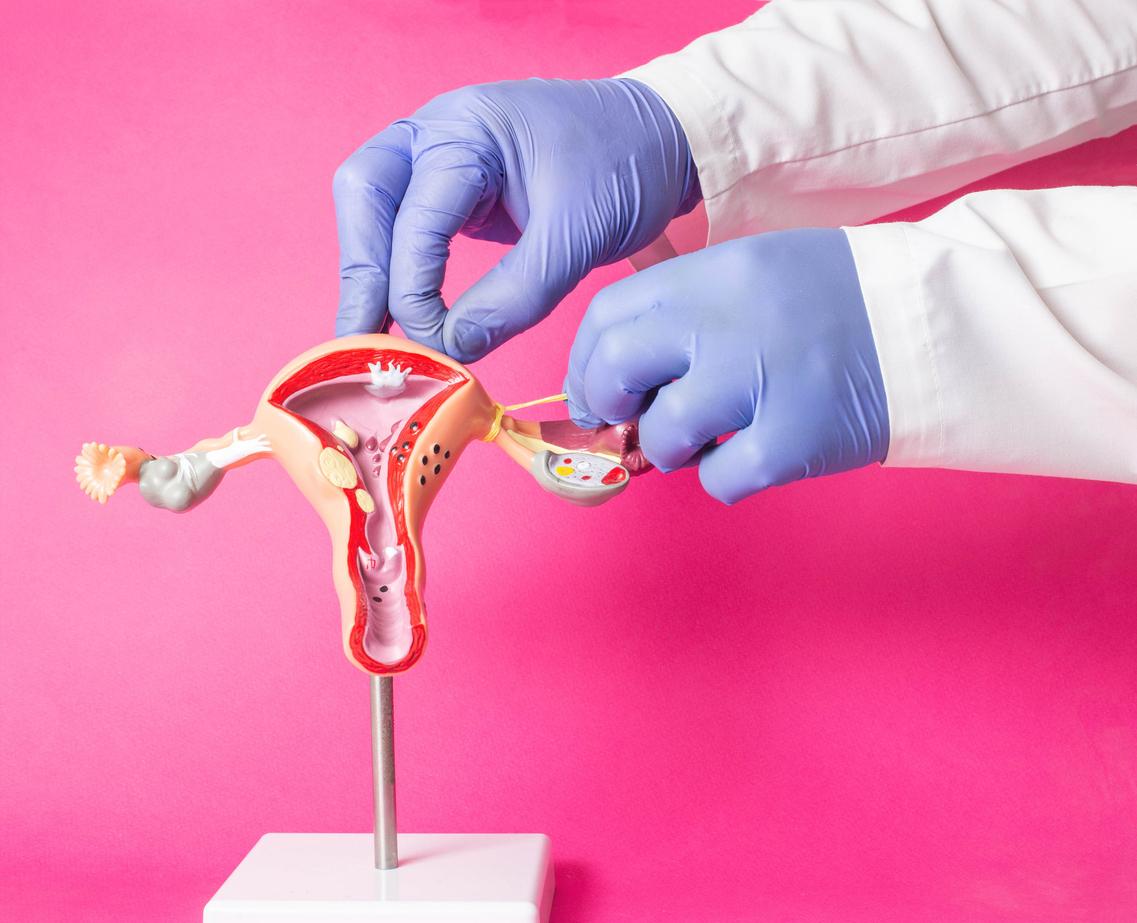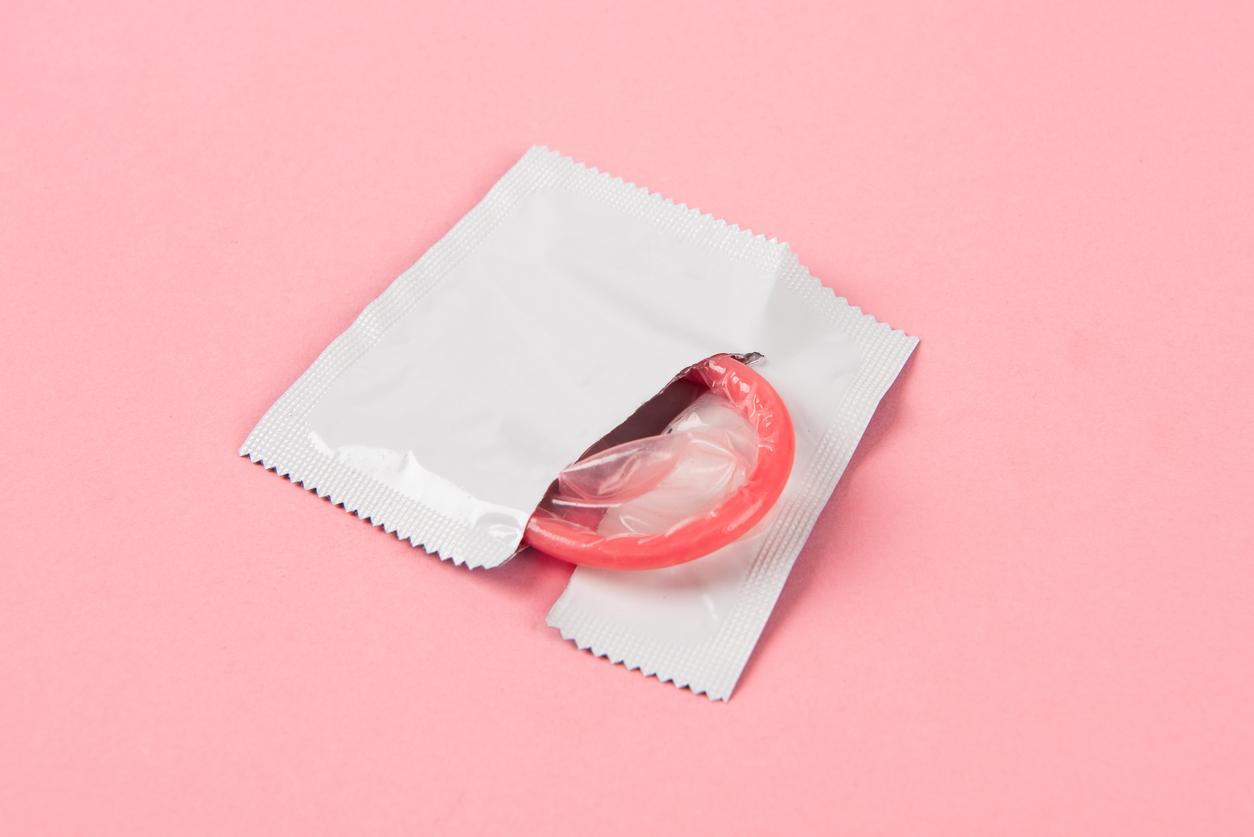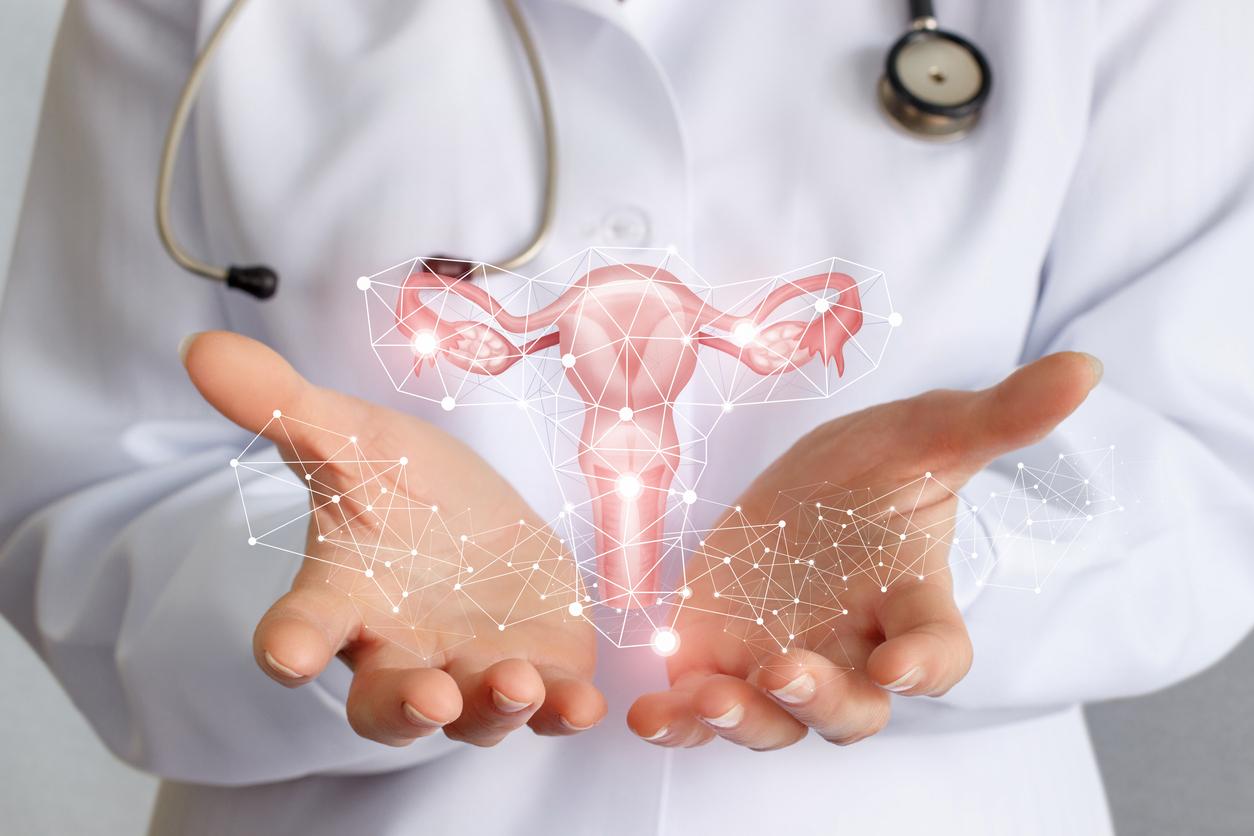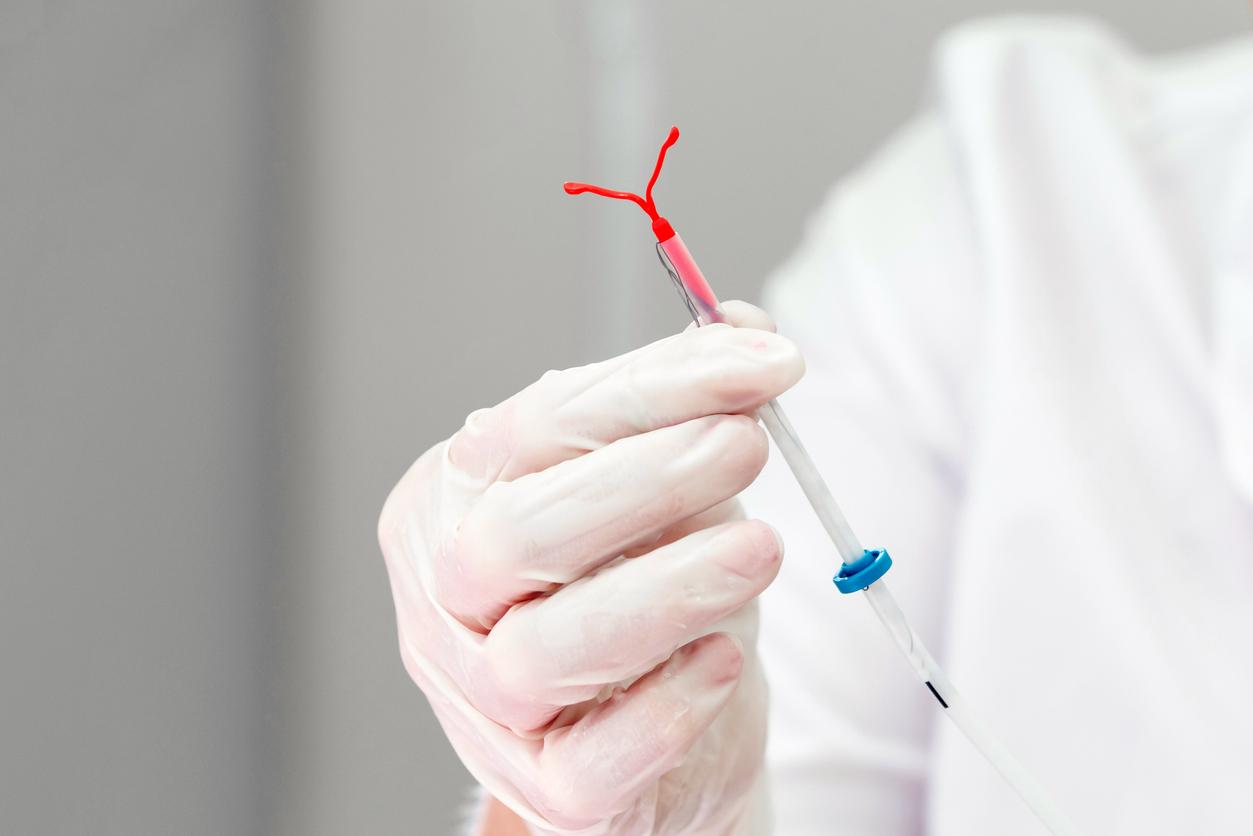One in ten women aged 15-29 has already had recourse to a emergency contraception during the year 2016. But if its use is frequent for reduce the occasional risk of becoming pregnant, its methods of access and deadlines for use are still poorly understood, reveals a French public health survey published this Monday July 1st. Indeed, only 1% of people under 30 know that this “emergency solution” can be taken up to 5 days after unprotected or poorly protected intercourse.
A hold for up to 5 days, simplified access
In fact, the majority of the 2,800 young men and women questioned (40%) believe that emergency contraception is only effective within 24 hours of having sex exposing them to a risk of pregnancy (forgetting the pill, breaking condom, unprotected sex). Only 17% of 15-29 year olds consider that it can be taken within 3 days. However, depending on the drug, it can be ingested up to 5 days later – although it should, if possible, be taken within 12 hours. Levonorgestrel pills, for example, are effective for up to 72 hours. Those based on ulipristal acetate, 5 days.
“This representation is one of the consequences of the use of the term ‘morning after pill’, says the health agency in its report. It can lead to a lack of recourse after this period even though the effectiveness of emergency contraception is still sufficient to avoid an unplanned pregnancy. The other way to protect yourself, also little known, remains the copper intrauterine device. It too can be used within 5 days, and offers long-term contraception. But its installation requires an appointment with the gynecologist.
The modalities of delivery are better known, since most respondents are aware of the fact that minors can have access to emergency pills free, anonymously and without parental consent in pharmacies, in a family planning or education center (CPEF), in information, screening and diagnosis centers (CeGIDD), but also with the school nurse or the university health service (SUMPPS) . The same applies to access for adult women, directly in pharmacies and without a prescription.
A campaign to inform young people
Moreover, if three-quarters of the participants in the barometer do not doubt the effectiveness of emergency contraception, more than half also think that it is “risky for health”. The 20-24 year olds are particularly concerned, since they are 60% to fear the effects. “This result is probably not unrelated to the ‘pill crisis’ that occurred in 2013 which directly impacted this age group in its use of contraception”, deduce the authors of the survey.
In order to inform young people and compensate for their lack of knowledge, Public Health France and the Ministry of Health are launching, from July 1 to 21, a awareness campaign on social networks. It will target girls as well as boys, and will refer to the website onsexpress.fr which answers all questions about emergency contraception. A communication “essential to ensure their entry into sexuality in the best conditions”, explains the health agency.
Read also :
- The morning after pill: an increase in consumption
- The morning after pill delivered more easily in schools









